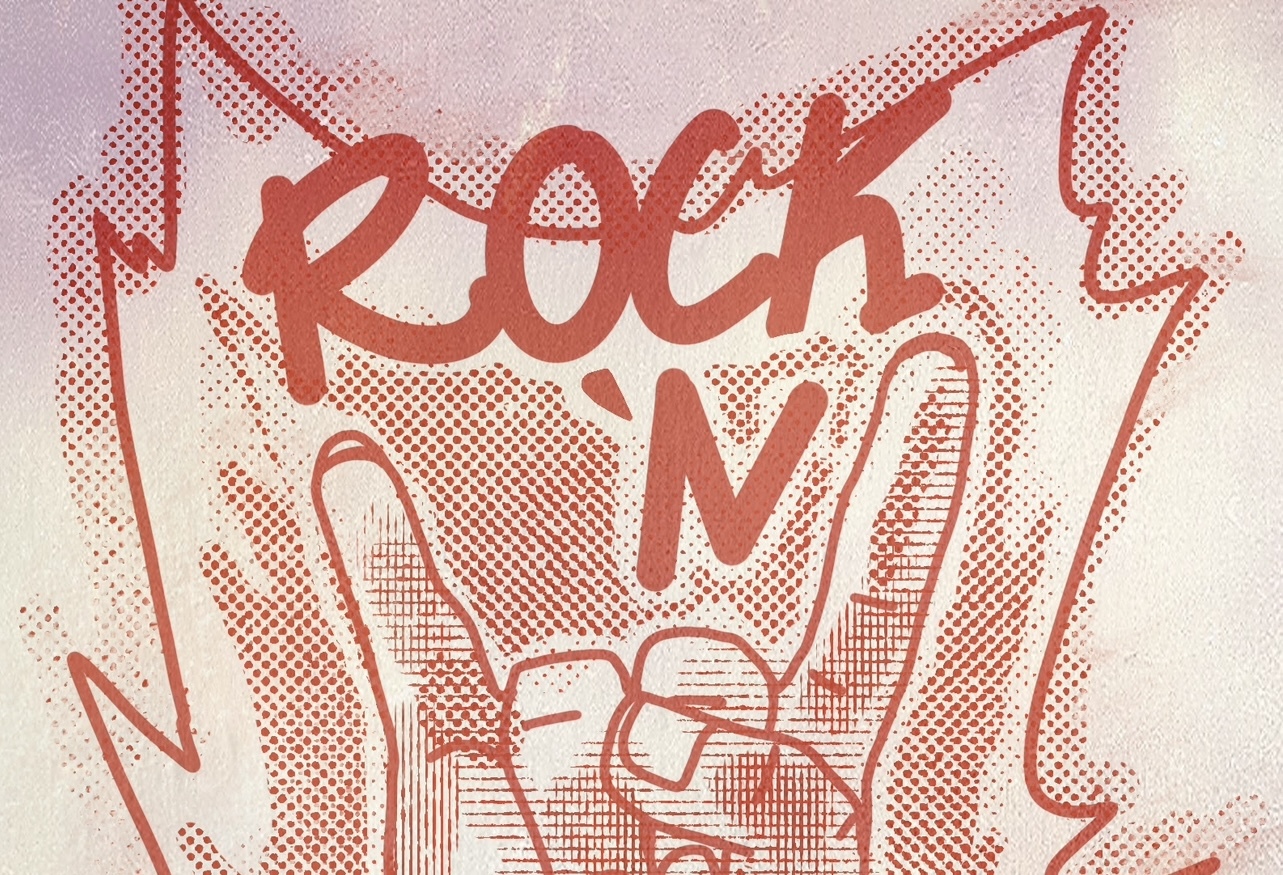The Golden Era
In the late 1970s, following China’s reform and opening-up policy, the economy began to recover and flourish. This ushered in a new era of cultural exchange, with fashion products, new ideas, and foreign music flooding into the country. Cui Jian, known as the father of Chinese rock music, recalled that he was introduced to rock ‘n’ roll in the early 1980s by foreign friends who brought over tapes of bands such as The Who, The Beatles, ABBA and Talking Heads.
This newfound inspiration gave rise to several well-known Chinese rock bands, including Tang Dynasty and Black Panther, marking the beginning of Chinese rock music. However, the genre faced significant challenges. The government and entertainment industry’s attitudes towards rock ‘n’ roll were often contradictory, leading to criticism and occasional support. In fact, political reasons often led to the banning and condemnation of rock performances until the mid-1990s.
Despite these difficulties, rock ‘n’ roll persevered and thrived in a new era of active thinking, providing spiritual support for its growth. Young people, in particular, were drawn to the genre’s critical voice against authority. The late 20th century saw several unprecedented Chinese rock concerts that astounded the world.
The internet era has brought about a wealth of new opportunities for entertainment and relaxation, enabling people to explore new things from the comfort of their own homes. As a result, the popularity of live rock concerts has declined, as people opt to stay in and watch television instead. Furthermore, the turn of the 21st century brought a shift in popular taste in China, driven by the influence of the Korean Wave, or Hallyu. Increasingly, people began to follow idols and listen to pop music, causing the appeal of rock ‘n’ roll to gradually fade and retreat underground.
“The Big Band”
In the summer of 2019, a music show called “The Big Band” made waves in China by bringing rock ‘n’ roll back into the mainstream. This show was the first of its kind in China, with a focus on indie music and rock culture. The show was structured as a competition between 31 different bands, covering a wide range of musical styles from pop and jazz to punk and heavy metal.
Among the participating bands was Miserable Faith, which was already influential in the new metal scene before the show, having formed in 1999. Also featured was Click #15, a niche indie band that had formed just four years prior to the show that had already gained recognition for their superb funk performance. Although the participating bands had diverse styles and age ranges, they all shared a common feature: their music was not mainstream, it came from the underground music scene.
Following its release on iQIYI, “The Big Band” created a buzz among social media users, who passionately discussed the previously lesser-known rock and indie bands that appeared on the show. By bringing rock culture from the underground into the mainstream, the show became a sensation in the Chinese music industry. Numerous rock bands sold out their tours within minutes, while band members received an increase in Weibo followers, performance opportunities and commercial endorsements. “I’ve never made money from music, but after joining ‘The Big Band,’ I was able to earn more money and spend time on music without worrying about making a living,” explained Ricky from Click #15.
The resurgence of rock ‘n’ roll in China with “The Big Band” has undoubtedly brought the genre back into the mainstream. However, this phenomenon has also triggered some debates and concerns. Some wonder if young people are truly passionate about rock music or if they are simply following the trend of “being unique.” If the masses do not genuinely love rock ‘n’ roll, how long can rock bands remain popular? Moreover, should rock bands adjust their music to cater to young people’s tastes, or should they stick to their authentic style? These are crucial questions that the development of rock culture in China needs to address.
An Uncertain Future
In 2023, rock ‘n’ roll is no longer a prevalent topic in current social media discussions, as “The Big Band” eventually ended. TV shows and mainstream media have previously boosted the popularity of underground rock bands. However, this attention could not sustain itself under a rapidly changing society. Several factors are impeding the development of rock culture in China.
The worldwide decline of rock music can be attributed to the emergence of other genres such as hip-hop, EDM and pop music. In China, the premiere of “The Rap of China” in 2017 introduced hip-hop as a new and rebellious genre that has the potential to replace rock ‘n’ roll among the youth.
Moreover, people’s attention spans have been shrinking, and while mainstream media can bring rock ‘n’ roll back into the public eye, new genres can quickly divert their attention. With the influx of information from various social media platforms like TikTok, Weibo and Facebook, it is increasingly difficult for people to focus on one thing for an extended period of time. For example, iQIYI’s “Folk 2022,” a new music show aimed at promoting folk music and artists, has also sparked intense online discussions and diverted public attention. As a result, the heat of public interest can easily shift to different topics.
Furthermore, rock artists and indie bands face a dilemma in today’s society. In the late 20th century, rock ‘n’ roll was seen as a rebellion against mainstream culture, and people championed differences and uniqueness. However, with the widespread popularity of “The Big Band” online, rock bands have become part of the mainstream. This leaves the question of whether these bands should commercialize to adapt to the current times and maintain their popularity or return to their underground roots.
There is no one correct answer to this dilemma, as different bands may choose different paths. Some may choose to embrace greater exposure in the spotlight, while others may prefer to stay underground. Meanwhile, others may find it challenging to strike a balance between commercial success and staying true to their roots. Ultimately, it is up to each band to decide what works best for them.

















